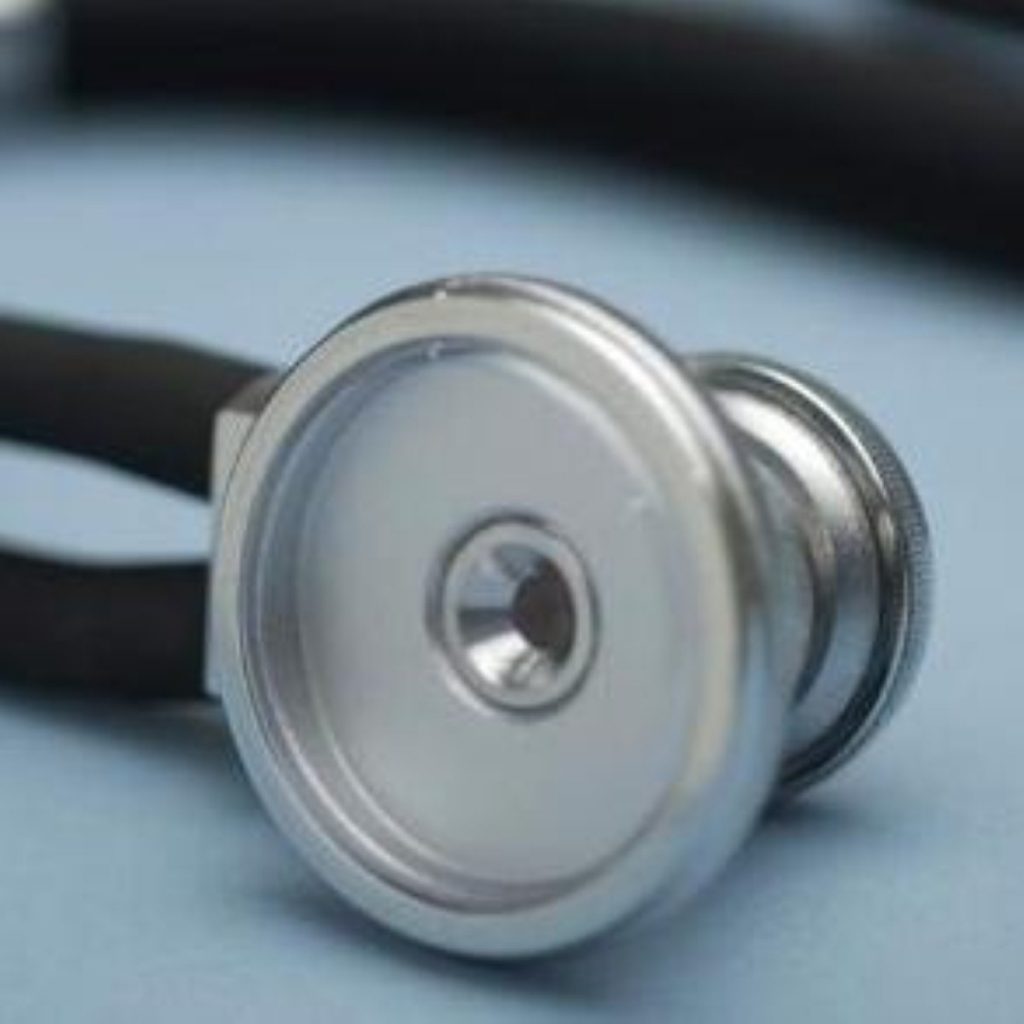NHS failing on heart rehab
NHS heart patients are not receiving sufficient aftercare according to new research from the Healthcare Commission.
A study of 4,000 heart patients who attended English NHS trusts revealed that two thirds had not been involved in a cardiac rehabilitation programme.
Many patients also leave hospital without having received standard advice about diet and exercise, the commission found.
The report comes after the commission concluded earlier this year that treatment of coronary heart disease is improving. It now urges a similar effort in rehabilitation.


Anna Walker, chief executive of the Healthcare Commission, said: “It is very concerning indeed that some heart patients are reporting to us that they are not getting the advice and aftercare they need to recover as fully as possible and enjoy the best possible quality of life.
“It is essential that measurements are set in place to ensure that trusts are meeting heart patients’ needs for rehabilitation and ongoing preventive care in order to make a full recovery.”
The independent watchdog recommends increasing choice of content in cardiac rehabilitation programmes and increasing numbers of places available.
Liberal Democrat health spokesman Steve Webb said it was regrettable that the less glamorous elements of healthcare were being forgotten.
Mr Webb, said: “Patients deserve to know they will get the right care not only in an emergency but also in the long term.”
He added: “There is a danger that in getting carried away by headline catching, high -tech treatment, the less glamorous but just as important aspects of healthcare are neglected.
“These services do not cost the earth but will prevent hospitals having to spend more in the future on unnecessary and expensive care. Most importantly, these services save lives.”
And Conservative Shadow Health Minister Andrew Murrison called on ministers to outline plans for improvements, saying: “It appears that excellent high tech hospital care is being let down by inadequate basic lifestyle advice. This is reducing the chances of people recovering from cardiac events.”

